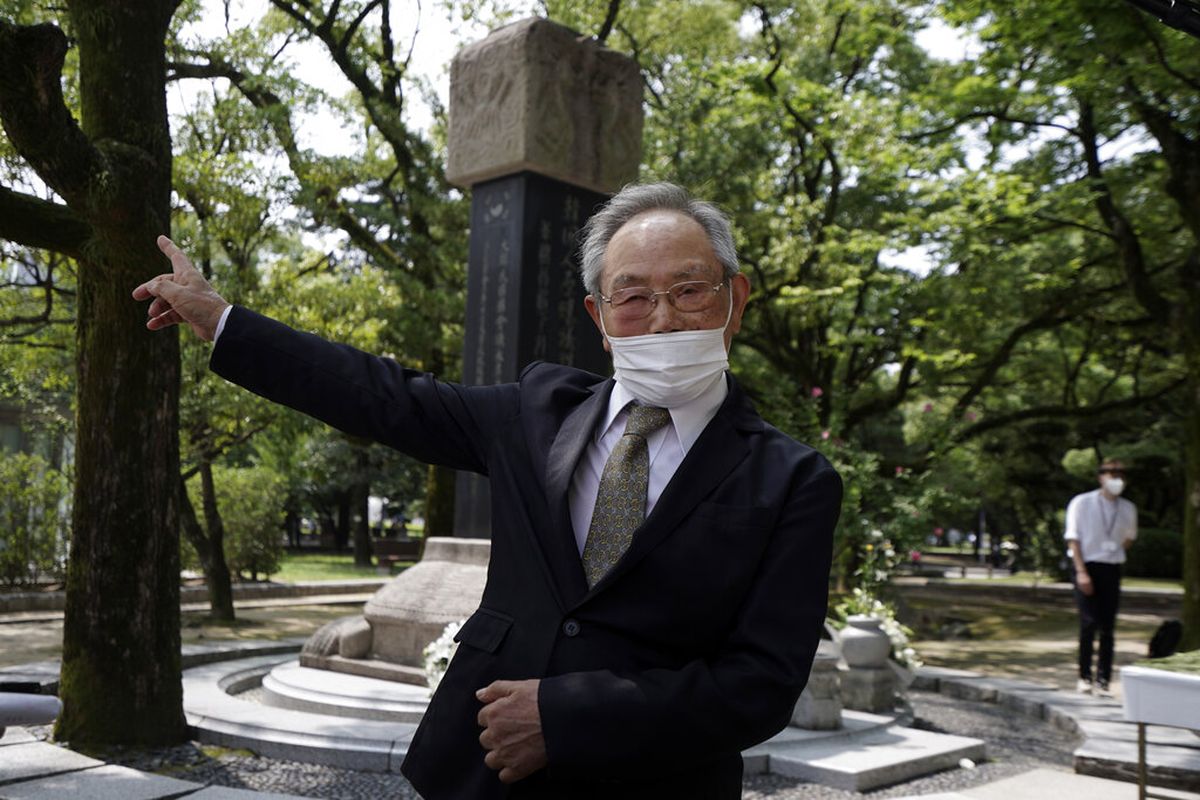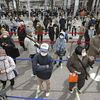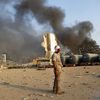Hiroshima Survivors Tell Tales of the Atomic Bomb They Want the World to Remember

“But I wanted young Americans to know what their country had done. I have no intention to blame them, but just want them to know the facts, and think.”
It was 40 years after the war before she felt comfortable telling her stories.
“What we suffered the most was a sense of guilt as we kept wondering why we could not save the many people who died before our eyes.”
But now she has also found solace by telling her story.
Visitors are scarce this year because of the coronavirus pandemic. Still, she will organize a live virtual tour of the peace memorial on the anniversary of the bombing Thursday.
___
Michiko Kodama, 82
The external scars from the atomic bombing have faded, but Michiko Kodama says her heart hasn't healed.
"For me the war isn’t over,” Kodama said in an interview. “Even 75 years later, we continue to suffer because of radiation. ... And nuclear weapons still exist.”
On Aug. 6, 75 years ago, the seven-year-old Kodama saw a flash in the sky from her elementary school classroom. Shards of broken glasses rained down on her.
On the way home, her left shoulder bleeding as her father carried her on his back, she saw a girl, badly injured, looking up at her. Even today she is pained by the girl’s face.
She lost her favorite cousins within weeks of the bombing, then her parents, brothers and even her daughter.
All died of cancer or from the radiation exposure. Kodama has lived in fear that she would be next.
There were also years of discrimination and humiliation.
One day, when she went to a clinic and showed her medical certificate, a receptionist noted her status as a bombing survivor out loud, and another patient sitting next to Kodama moved away.
“I still feel hurt from the discrimination; that is what sits the heaviest in my heart” she said.
(Writer: Mari Yamaguchi)
Source: https://apnews.com/148f7fea2913400040bc594449e4cdaa
Simak breaking news dan berita pilihan kami langsung di ponselmu. Pilih saluran andalanmu akses berita Kompas.com WhatsApp Channel : https://www.whatsapp.com/channel/0029VaFPbedBPzjZrk13HO3D. Pastikan kamu sudah install aplikasi WhatsApp ya.

































